Rhetoric rebutted
But Chinese officials do not buy the argument.
"'De-risking' and 'reducing dependence' should not evolve into throwing away and weakening cooperation," China's Foreign Ministry spokesman Wang Wenbin said on Nov 30.
Von der Leyen's announcement in her State of the Union Address on Sept 13 that the EU will launch an anti-subsidy investigation into EU imports of battery electric vehicles has caused an uproar in China.
China's Ministry of Commerce spokesman He Yadong said the investigation process is not transparent and the results are unfair. He described the measure as "a discriminatory approach" toward Chinese electric vehicle makers and is "suspected of violating World Trade Organization rules". He also urged the EU to abandon trade protectionism.
The German Association of the Automotive Industry is also critical of the EU investigation, fearing that it could trigger a tit-for-tat trade war between the EU and China.
Cora Jungbluth, a senior expert on China and the Asia-Pacific at the private foundation Bertelsmann Stiftung in Germany, said the case of China's EV industry is much more complex, and its rise should not be attributed to only subsidies, but more importantly, the early start such as in the promotion of battery systems in China's five-year plan.
China became the world's largest market for EV sales last year, with a share of 60 percent. Meanwhile, it accounted for 35 percent of EV exports. They included foreign carmakers such as Tesla that jumped on the Chinese bandwagon.
Jungbluth does not believe that the EU's threat of imposing anti-dumping duties on Chinese EVs will work.
"The economic success (of the duties) is likely to be limited as the lessons from the solar industry have taught us," she wrote on the foundation's website. Last year, more than 90 percent of the EU's solar panels were imported from China.
Voicing concern
In its annual report released last month, the China Chamber of Commerce to the EU voiced its concern over the EU's anti-subsidy investigation and other discriminatory policies against Chinese companies.
Chinese companies' evaluation of the EU's business environment has declined for the fourth consecutive year because of the bloc's "de-risking" strategy and its policy measures targeting Chinese investors.
The report warned the EU not to politicize critical business matters, particularly in key areas such as information and communication technology, EVs and renewable energy. The EU's description of Chinese telecom company Huawei as a "high-risk vendor" has been viewed as discriminatory.
Unlike her previous rhetoric which is heavy in ideology, von der Leyen has now placed more emphasis on economic and trade issues, especially the EU's trade deficit with China.
She said Europe will not tolerate its soaring trade imbalance with China forever.
China has argued that the trade deficit is a result of the growing competitiveness of Chinese products in the global marketplace, the EU's export control on high-tech products to China and the fact that many EU companies that invested in China are exporting their products back to Europe.
Wang Wenbin said China has a trade surplus with the EU on the surface, but a substantial part of profits was pocketed by European companies.
"China has never deliberately sought to maintain a trade surplus," he said.
Lai said the future development of China-EU relations will also be affected by next year's election results of the European Parliament and US president.
"Uncertainty is high," Lai said. "One thing I am certain, that is China-EU relations will get even more complicated."









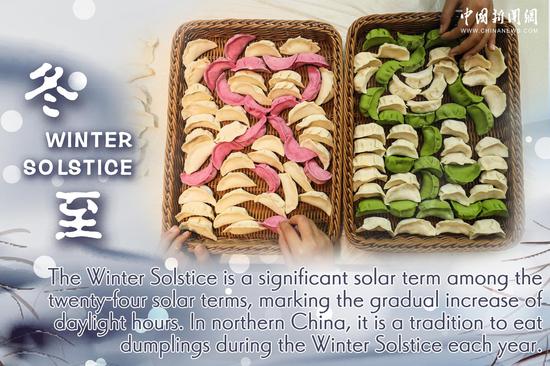
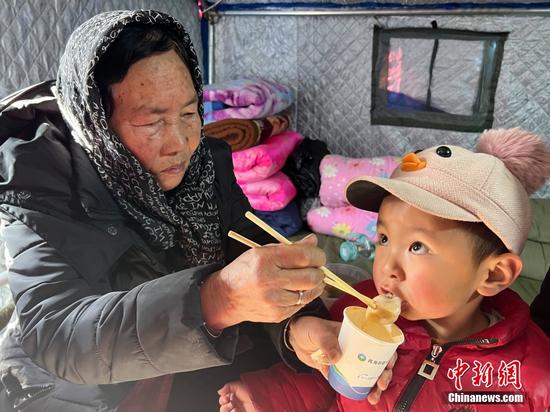
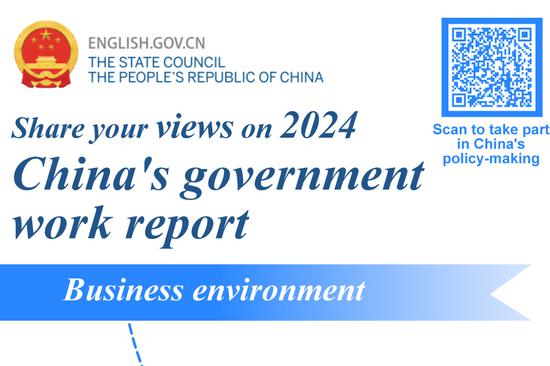

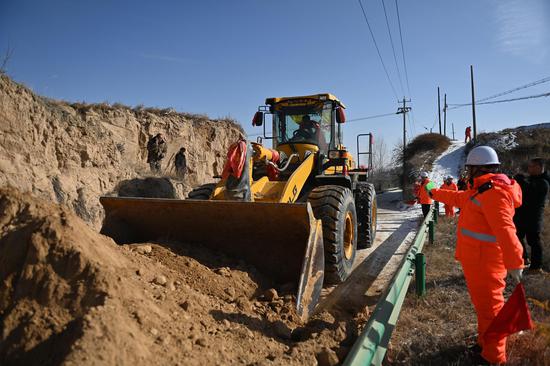
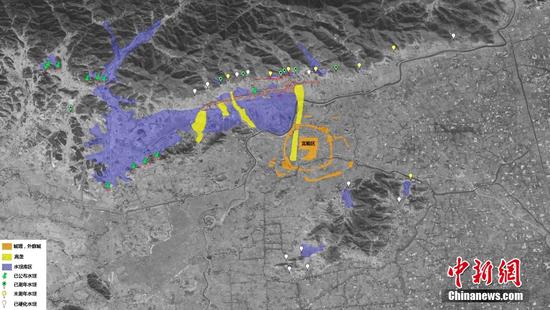
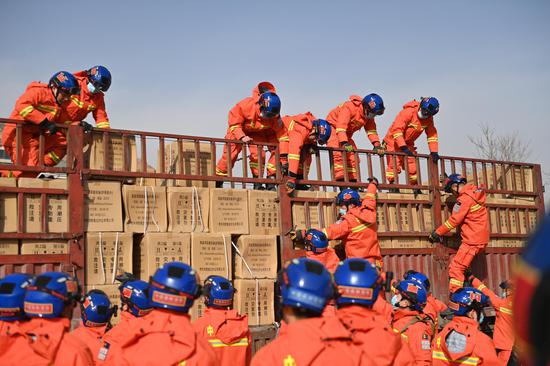
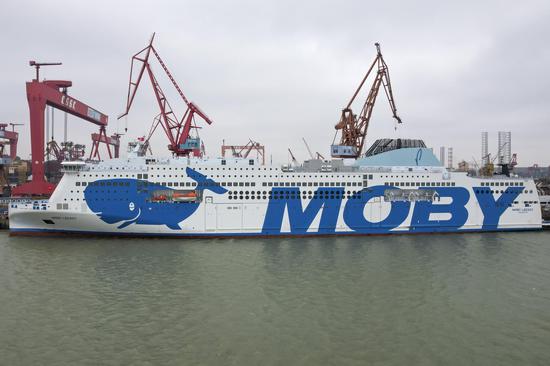


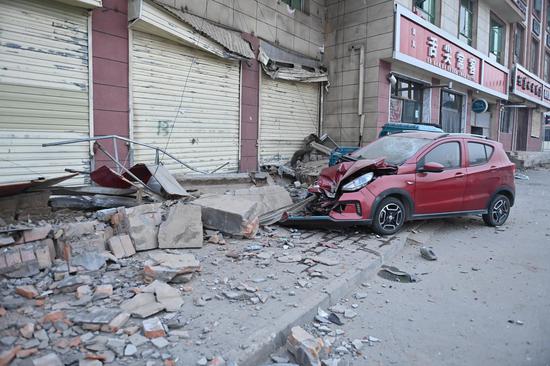

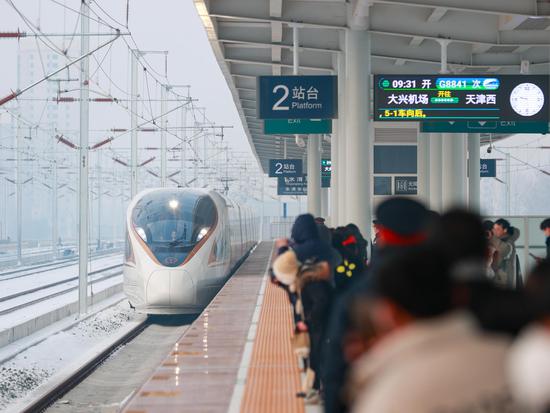

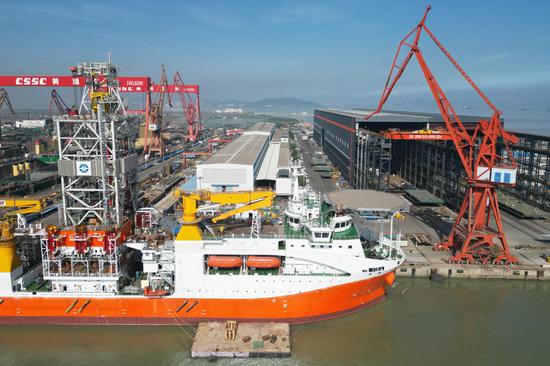

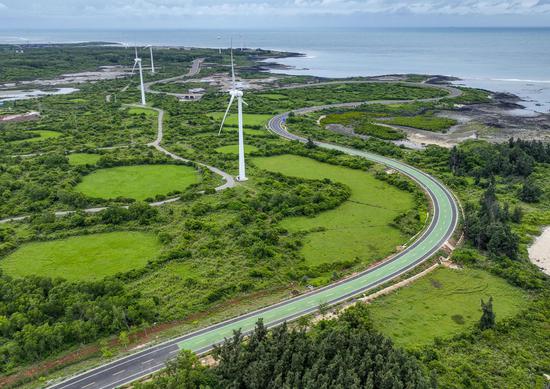
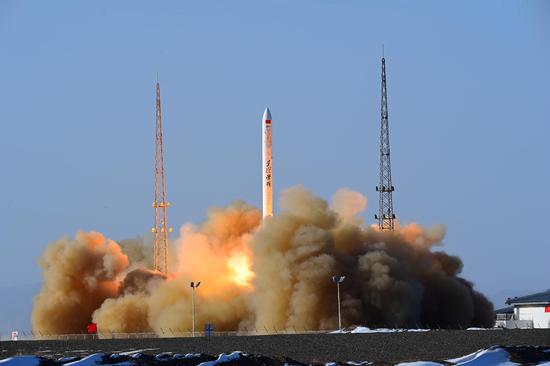

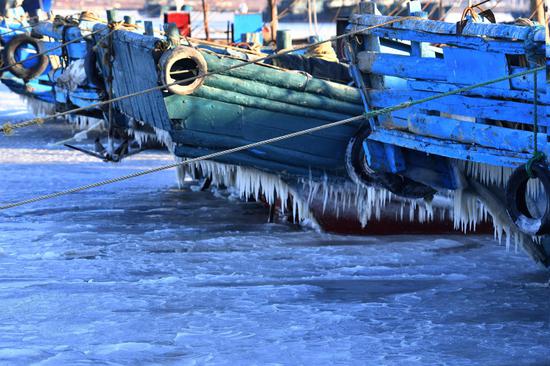
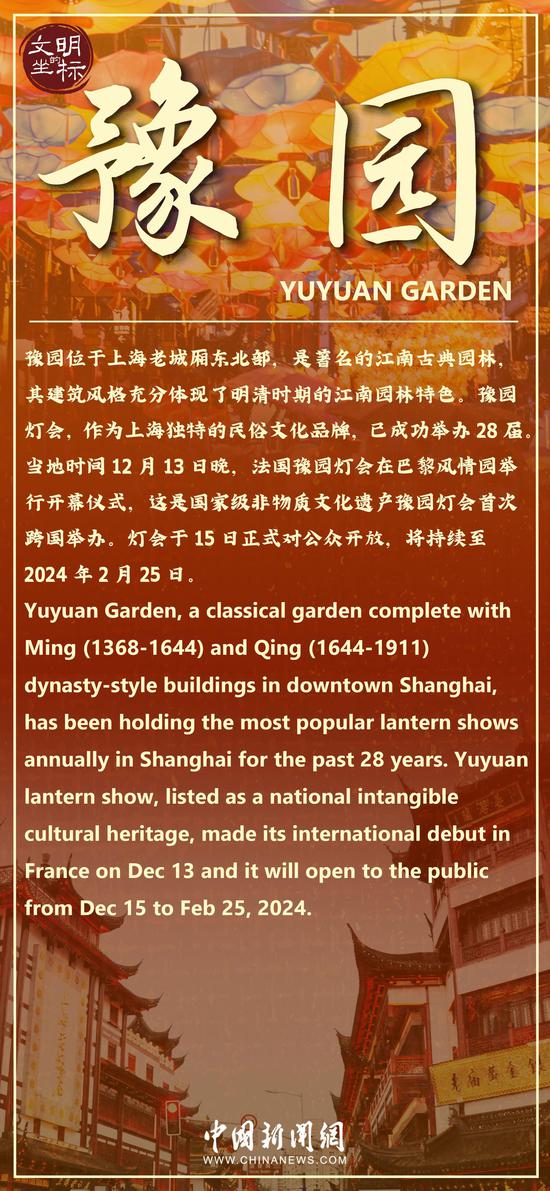
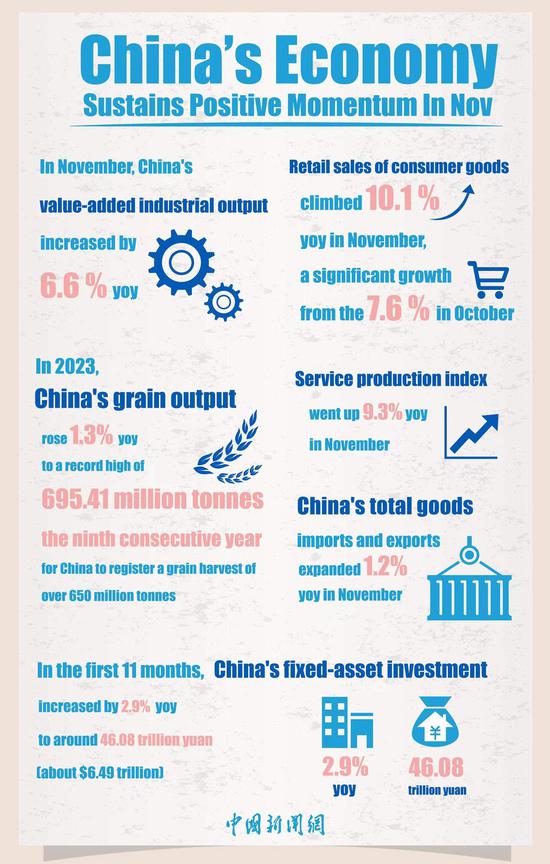



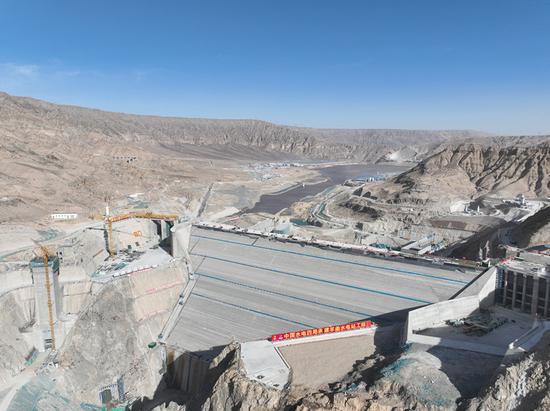

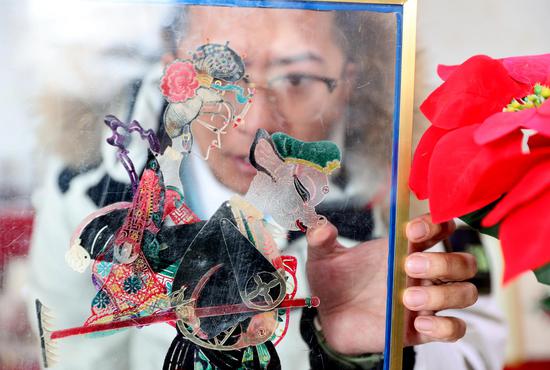
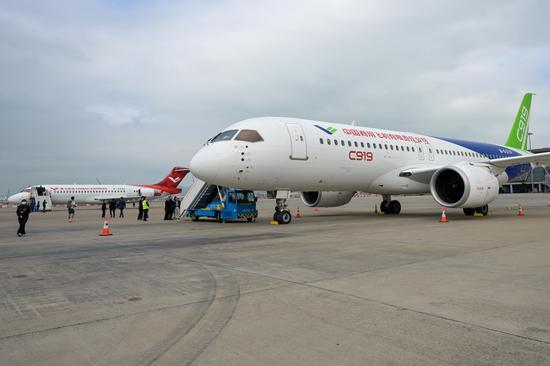


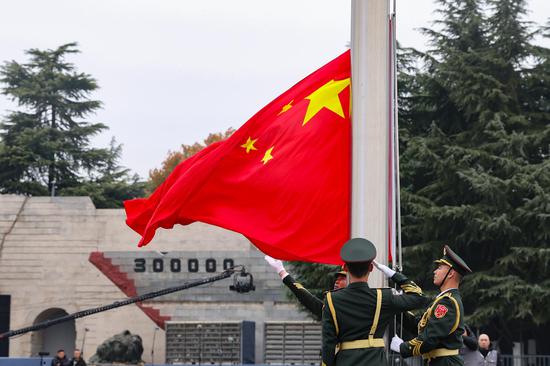

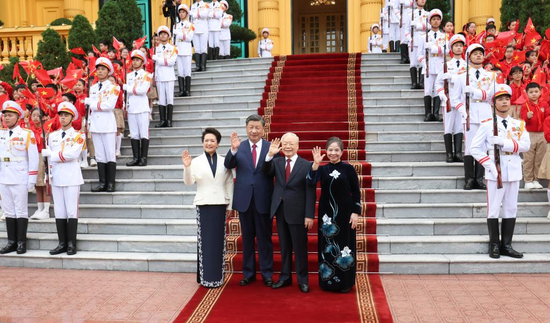
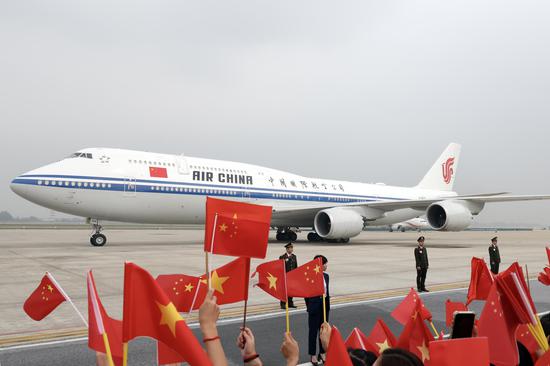
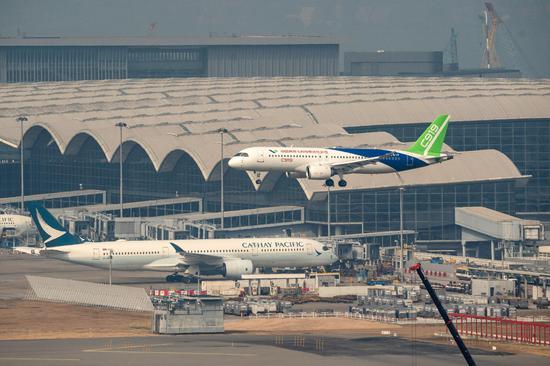





 京公网安备 11010202009201号
京公网安备 11010202009201号